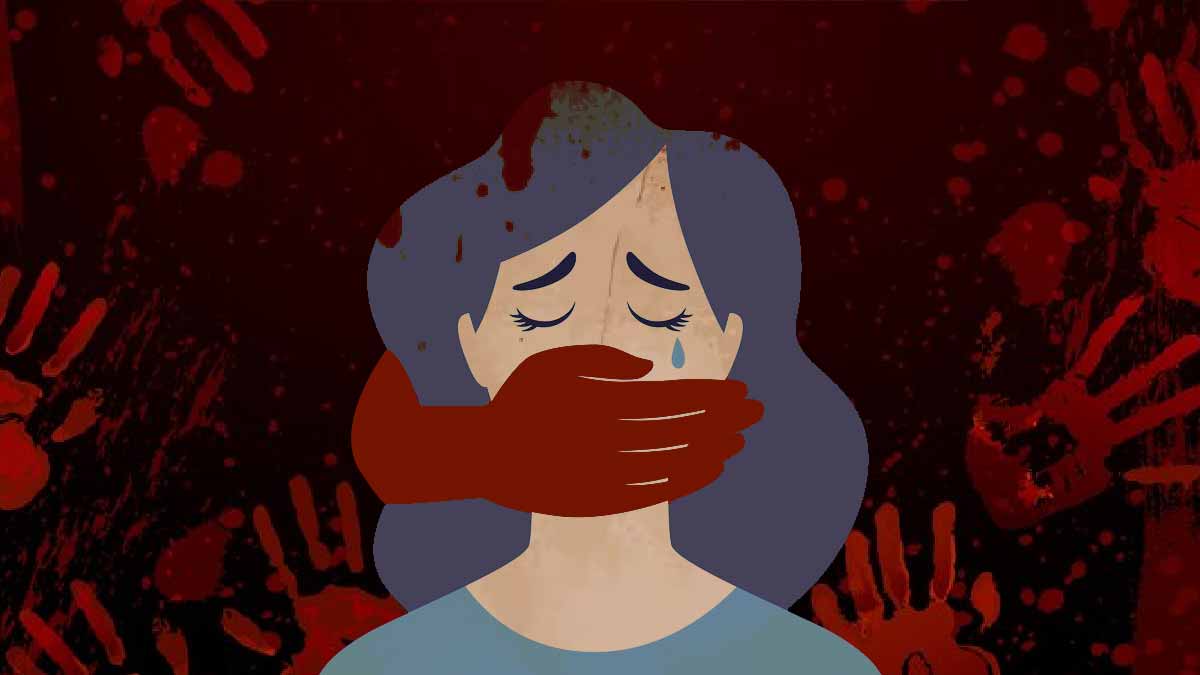Incident Overview: A tragic incident occurred in Kolkata where a 31-year-old trainee doctor was found dead on August 9, 2024, at a government teaching hospital. The victim’s body bore multiple injuries, and an autopsy later confirmed that she had been raped and murdered. Initially, the hospital authorities informed the victim’s parents that their daughter had committed suicide, but this was later disproven by the autopsy findings.
Public and Professional Response: The incident sparked widespread outrage, leading to protests by doctors and feminist groups across India. Doctors, particularly in Kolkata, initiated sit-in demonstrations, marches, and vigils to demand justice for the victim and to highlight the need for better security measures for medical professionals. Services in some medical centers were halted as part of the protests.
Feminist groups also rallied under the banner of “Reclaim the Night,” demanding accountability and emphasizing the broader issue of sexual violence against women. The protests, while largely peaceful, saw a brief moment of unrest when a group of men vandalized property at the medical college, though the police quickly dispersed them.
Legal and Institutional Actions: In response to the incident, the Kolkata High Court transferred the case to the Central Bureau of Investigation (CBI) for further investigation. The Federation of Resident Doctors Association (FORDA) called for a nationwide halt to elective medical services as part of their protest, demanding better protection for doctors and stronger laws against violence in the workplace.
One of the key demands from the protesting doctors was the implementation of the Central Protection Act, a proposed law intended to protect medical professionals from violence. While the Health Ministry agreed to work on the Act within 15 days, some doctors’ federations and hospitals have continued their protests, insisting on a concrete solution and a written guarantee of the Act’s implementation.
Broader Context of Sexual Violence: This incident has drawn attention to the broader issue of sexual violence in India, where numerous cases of rape are reported each day. Despite stricter laws introduced after a high-profile rape case in 2012, sexual violence remains a pervasive problem. Experts have emphasized that addressing the underlying social issues, such as patriarchy and discrimination, is essential for creating long-term change.
Ongoing Developments: The CBI has taken over the investigation and has begun inspecting the crime scene. According to Indian law, the investigation into such cases must be completed within two months from the filing of the First Information Report (FIR). The investigation is expected to be completed by October 9, 2024. The highest court in West Bengal has directed the CBI to file periodic status reports on the progress of the investigation.
Conclusion: Vigilance and Collective Responsibility in Addressing Sexual Violence
The Kolkata rape case has triggered widespread protests and highlighted the ongoing challenges of sexual violence and the safety of medical professionals in India. As the investigation continues under the CBI, the focus remains on ensuring justice for the victim and addressing the systemic issues that contribute to such incidents.
The tragic incident in Kolkata has underscored the urgent need for society to confront the persistent issues of sexual violence and the safety of vulnerable professionals. While legal actions and institutional responses are crucial, they are only part of the solution. To create a safer environment, it is imperative that society as a whole takes proactive and vigilant steps.
Empowerment Through Awareness: Education and awareness are fundamental in combating sexual violence. It is essential to educate individuals, starting from a young age, about respect, consent, and equality. Schools, communities, and families should foster open discussions about these topics, challenging harmful stereotypes and norms that perpetuate violence.
Strengthening Support Systems: Communities must be equipped to support victims of violence effectively. This includes providing accessible resources for counseling, legal assistance, and medical care. Victims should feel confident that they will be supported and not shamed or stigmatized for coming forward.
Promoting Bystander Intervention: Encouraging bystander intervention is a powerful tool in preventing violence. Individuals should be educated on how to safely intervene in situations where someone is at risk. This could mean directly stepping in, calling for help, or distracting the potential perpetrator. A culture where everyone feels responsible for each other’s safety can significantly reduce the incidence of such crimes.
Advocating for Stronger Legal Protections: While laws exist to protect against sexual violence, there is a need for continuous advocacy to ensure these laws are enforced rigorously. Communities should actively participate in pushing for legislative changes that offer stronger protections and hold perpetrators accountable. This includes supporting laws that protect professionals in vulnerable positions, such as medical workers, from violence.
Creating Safe Spaces: Both public and private institutions must take responsibility for creating environments where safety is a priority. This involves implementing stricter security measures, conducting regular safety audits, and establishing clear protocols for dealing with incidents of violence. Workplaces, educational institutions, and public spaces should all be designed with safety in mind.
Fostering a Culture of Accountability: Accountability should be at the core of any effort to address sexual violence. This means holding not just the perpetrators, but also institutions and individuals who fail to act, responsible. Transparency in investigations and a commitment to justice are crucial in building trust and preventing future incidents.
By adopting these vigilant and proactive steps, society can move towards eradicating the deeply rooted issues of sexual violence and creating a safer, more just environment for all. It is a collective responsibility that requires continuous effort, empathy, and unwavering commitment to change.

